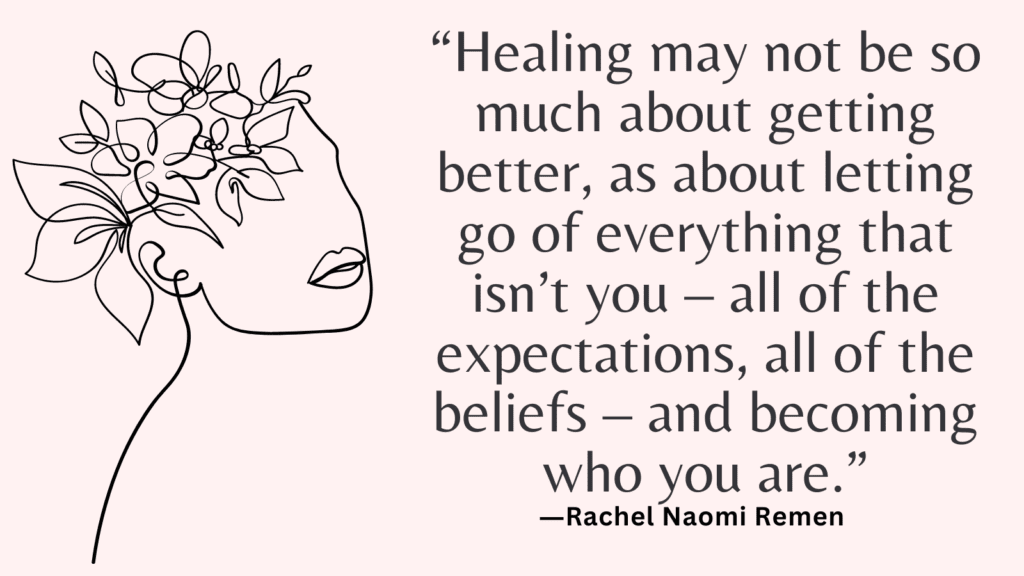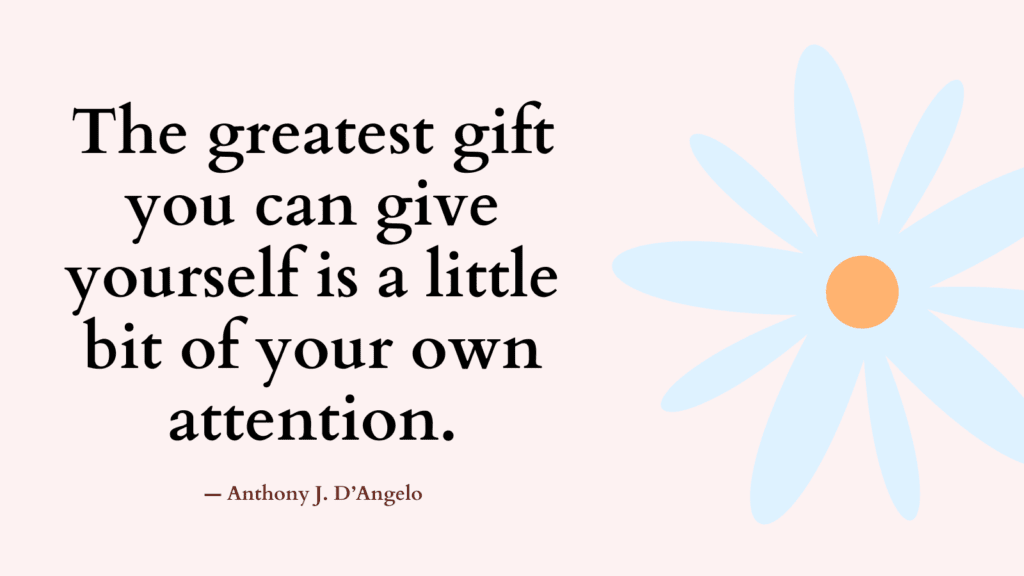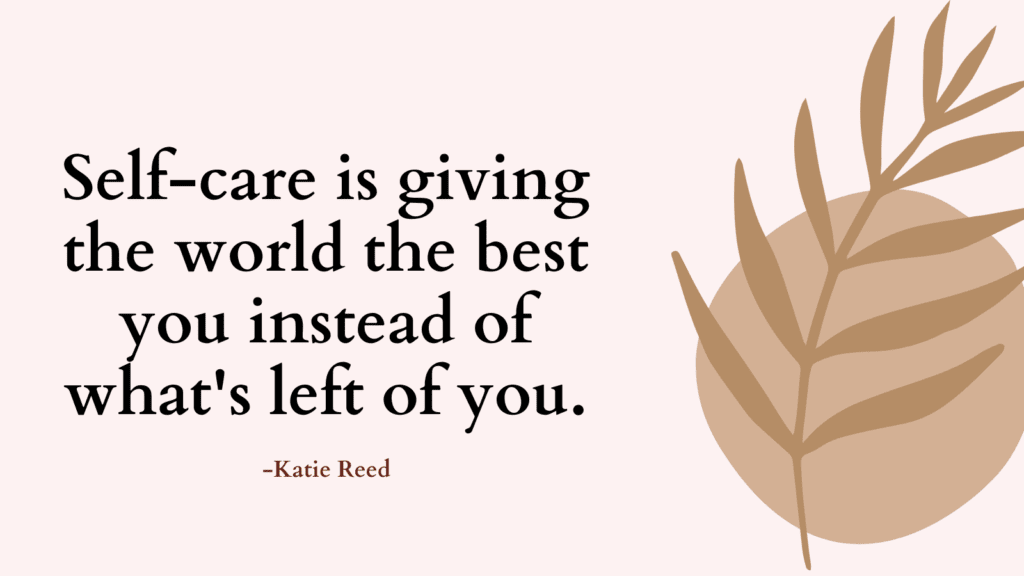This post contains “Emotionally abusive friendship quiz” to help you identify abuse in friendships.
Disclosure: Some of the links below are affiliate links. This means that, at zero cost to you, I will earn an affiliate commission if you click through the link and finalize a purchase. If you need professional help, I recommend BetterHelp for affordable online therapy.
What is Emotional Abuse?
Emotional abuse is a consistent pattern of behavior in which an individual is being treated unfairly and unjustly over a period of time, usually by the same person or people.
Emotional abuse is so common that everyone can relate to it, so much so, it’s often ignored.
As long as anyone can remember, Dad talked that way to Mom, who talked that way to her son, who in turn talks that way to his own kids.
But emotional abuse doesn’t just occur within families and romantic relationships.
Friendships can also be emotionally abusive.
Emotionally Abusive Friendship Quiz
The following questions represent common signs of emotional abuse in friendships:
Results
#1. Do you often speak carefully, or avoid speaking, so you won’t risk upsetting them?
#2. Do they interrupt your work or other things that are important to you, to get their needs met?
#3. Do they force you to do things that are against your religious or moral values?
#4. Do they threaten to make public the things you have said or done in private moments?
#5. Do they threaten to cut you off when you have arguments?
#6. After they put you down, are you then indulged with special care?
#7. Do they call you stupid or crazy, if you disagree with them?
#8. Do you believe that you are the only one who can save them from ruin, depression, alcoholism, insanity or suicide?
#9. Do they groan, complain, or ridicule you, when you cry, worry, or ask for emotional support?
#10. Do they make light of your success and discourage your plans?
#11. Do they take financial advantage of you (e.g. borrowing money without the intention or plan to repay it)?
#12. Do they take on a victim mentality and refuse to take responsibility?
#13. Do they intentionally damage your belongings?
#14. Do they isolate you from your other friends?
We will not sell your information. All results are kept confidential.
This quiz is for informational purposes only. It is not meant as a diagnostic or assessment tool.
Test Results
The questions above represent common signs of emotional abuse. If you answered yes to most of these questions, then you may be in an emotionally abusive friendship.
What’s Next? Healing From Emotional Abuse In 12 Practical Steps
Emotional Abuse Books
Related: Best 10 Emotional Abuse Books

How to Deal with Emotionally Abusive Friendship?
Dealing with emotionally abusive friendships can be challenging and distressing. Here are some suggestions to consider, keeping in mind that every situation is unique:
1. Recognize the abuse
Understanding and acknowledging that you are in an emotionally abusive friendship is an essential first step.
Identify the signs of emotional abuse, such as constant criticism, manipulation, belittling, gaslighting, or controlling behavior.
2. Set boundaries
Establish clear and firm boundaries to protect yourself from further harm.
Communicate your boundaries assertively and consistently, making it known what behaviors are unacceptable and will not be tolerated.
Stick to these boundaries even if it means reducing or ending contact with the abusive friend.
Related: +100 Examples of Boundary Violations & How to Deal With It
3. Seek support
Reach out to trusted friends, family members, or a therapist who can provide emotional support and guidance.
Discussing your experiences and feelings with someone supportive can help validate your experience and provide you with valuable perspective.
4. Practice self-care
Prioritize self-care activities that promote your physical, mental, and emotional well-being.
Engage in activities that you enjoy, practice relaxation techniques, exercise regularly, and ensure you have adequate rest and sleep.
Taking care of your own needs is crucial when dealing with emotionally abusive friendships.
Related: Top 45 Self Care Day Ideas at Home To Kickstart Your Self Care Ritual
5. Evaluate the friendship
Reflect on the overall impact the friendship has on your well-being and happiness.
Consider whether the friendship is worth maintaining or if it would be healthier to distance yourself from the toxic dynamics.
Sometimes, ending the friendship is the most beneficial decision for your own emotional health.
Is it possible for an emotionally abusive friendship to change?
While change is possible in any relationship, the likelihood of an emotionally abusive friendship transforming into a healthy one is generally low.
Emotional abuse involves patterns of harmful behaviors that can be deeply ingrained and difficult to modify without significant effort from both parties involved.
The best course of action in cases of emotional abuse is to distance oneself from the abusive individual and seek healthier relationships.
However, if you believe there is genuine potential for change and wish to explore the possibility, consider the following:
1. Open Communication
Engage in honest and direct conversations with your friend about their behavior, expressing your concerns and setting clear boundaries.
Encourage them to reflect on their actions and be receptive to their willingness to change.
Related: 4 Essential Keys To Effective Communication
2. Professional Support
Suggest that your friend seeks therapy or counseling to address any underlying issues that contribute to their abusive behavior.
Involvement of a mental health professional can provide guidance, facilitate personal growth, and aid in the transformation process.
3. Consistency and Accountability
Monitor your friend’s actions over time to assess whether they are willing to consistently uphold new behaviors and respect your boundaries.
It is crucial to hold them accountable and not tolerate any continuation of abusive patterns.
Conclusion
Ending or addressing an emotionally abusive friendship can be difficult, but prioritizing your own well-being and surrounding yourself with positive, supportive relationships is vital for your long-term happiness and emotional health.









